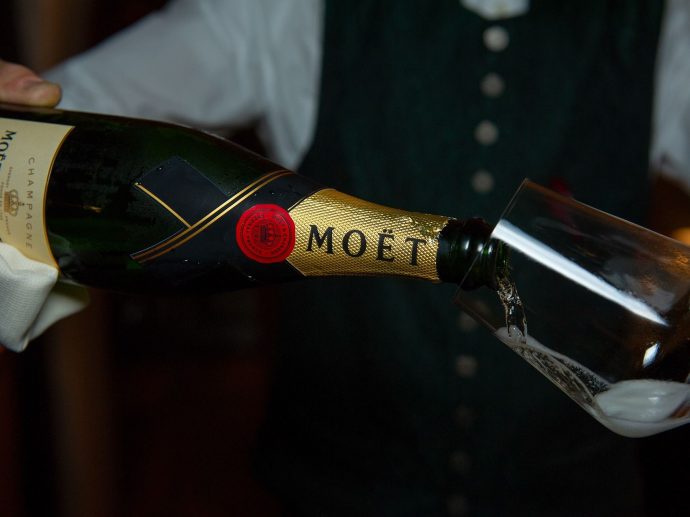Categories more
- Adventures (17)
- Arts / Collectables (15)
- Automotive (37)
- Aviation (11)
- Bath, Body, & Health (77)
- Children (6)
- Cigars / Spirits (32)
- Cuisine (16)
- Design/Architecture (22)
- Electronics (13)
- Entertainment (4)
- Event Planning (5)
- Fashion (46)
- Finance (9)
- Gifts / Misc (6)
- Home Decor (45)
- Jewelry (41)
- Pets (3)
- Philanthropy (1)
- Real Estate (16)
- Services (23)
- Sports / Golf (14)
- Vacation / Travel (60)
- Watches / Pens (15)
- Wines / Vines (24)
- Yachting / Boating (17)
How Luxury Hospitality Can Use Technology
Published
07/31/2019According to the QYResearch Group, the tourism and travel industry has been growing immensely over the last few years. As such, the luxury hotel market is expected to realize a rise of up to $232 billion by the end of 2025. Luxury hotel brands are the primary customer service industry that’s supposed to provide the highest grade of services. As such, motels are embracing technology that will help them meet the assumption of a seamless, luxurious stay.
When deciding which technology-based solution to expend in, Luxury hotels looking to secure a competitive edge should keep the customers’ experience in mind. Let’s check out how the luxury hospitality industry can use technology today.
Keeping the Conversation Going
The conversation between a customer and a brand should not end the moment a customer checks out of the hotel. Communication can be streamlined and automated through different technology solutions. For example, reviews can be sent to guests via email as they leave. That not only gives feedback to an organization but also helps you to keep a positive image on review sites. A good example is the Vernons Sportsbook review on Football Junkie, a website that specialized in sports betting site reviews.
Technology also unravels the tracking of the digital status of a hotel, or places within the hotel, for example, a spa. A hotel brand’s social media presence and reputation can have a significant impact. That fact is backed by Zendesk’s research, which, according to them, 88% of customers is influenced by online customer review when making a purchasing decision.
Book Additional Services
A crucial component of the guests’ experience is easy, quick, and non-disruptive entry to luxury hotel services and accommodations. When guests reserve a service, like a massage or a tee time, there is an assumption that is booking that service will need little effort. Booking engine software that is available on a mobile device grants a more straightforward process for guest and freedom to the hotel employees. With the mobile ability, like full booking option on a phone, a hotel employee could help guests book a massage while sprawling by the pool.
Additionally, software designed to integrate into existing platforms help upgrade the reservation process for the hotel staff. They will find the deployment process much easier if the software merges into existing solutions, and little education or training will be required to learn the new technology.
Create a Personalized Experience
Personalization is the key to providing excellent customer service. According to a survey done by Epsilon, 80% of consumers are likely to purchase when brands deliver personalized experiences. When creating personalized experience collecting customer data is crucial, and loyalty programs can assist companies in gathering the information in a way that brings added value to the consumer.
However, even if a hotel is not based in the EU, the brand should be aware of the GDPR (General Data Protection Regulation) when dealing with European travelers. GDPR came into effect in May this year and required companies to provide transparency on how a consumer’s data is collected and stored.
Conclusion
In the growing luxury hotel industry, providing top-of-the-line customer experience is the only way a brand can retain a significant market share. For that, technology is the catalyst for creating a memorable customer experience.















